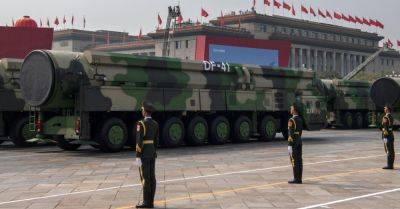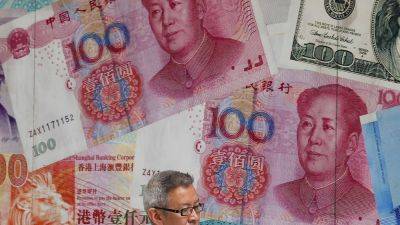Goodbye Louis Vuitton. China’s Gen Z leans into ‘dupe economy’ as growth prospects stall
Editor’s Note: Sign up for CNN’s Meanwhile in China newsletter, which explores what you need to know about the country’s rise and how it impacts the world.
Hong Kong CNN —China’s economic slowdown isn’t an abstract concept for Zheng Jiewen, 23, who works full time at an ad agency in the southern megacity of Guangzhou.
Mainly a print model, Zheng used to rake in 30,000 yuan ($4,230) a month when she began working two years ago. But, starting last year, when new business at the company she worked for started to decline, her salary was reduced incrementally, culminating in a major cut in February that slashed her earnings to just half of her previous pay.
“I was extremely shocked,” she told CNN. She said she immediately brought down her spending to match her new salary. That meant no more Louis Vuitton, Chanel or Prada, formerly her go-to brands.
The “obvious” economic slowdown has resulted in social media searches for dupes tripling from 2022 to 2024, said Laurel Gu, a Shanghai-based director of Mintel, a market research firm.
These days, she and her friends are spending their more limited funds on so-called “pingti” products, high-quality replicas of branded goods known in English as dupes. Some are virtually indistinguishable from the real thing, while others are inspired by the original design and offer more colors or textures. The popularity of this product category is soaring as consumer confidence in China nears a historic low, according to analysts.
Gu said that unlike 10 years ago when Chinese shoppers, the world’s top luxury spenders, were clamoring for Western goods from famous brands, consumers are now increasingly turning to more affordable alternatives, a trend that is becoming “the new mainstream.”
Du







